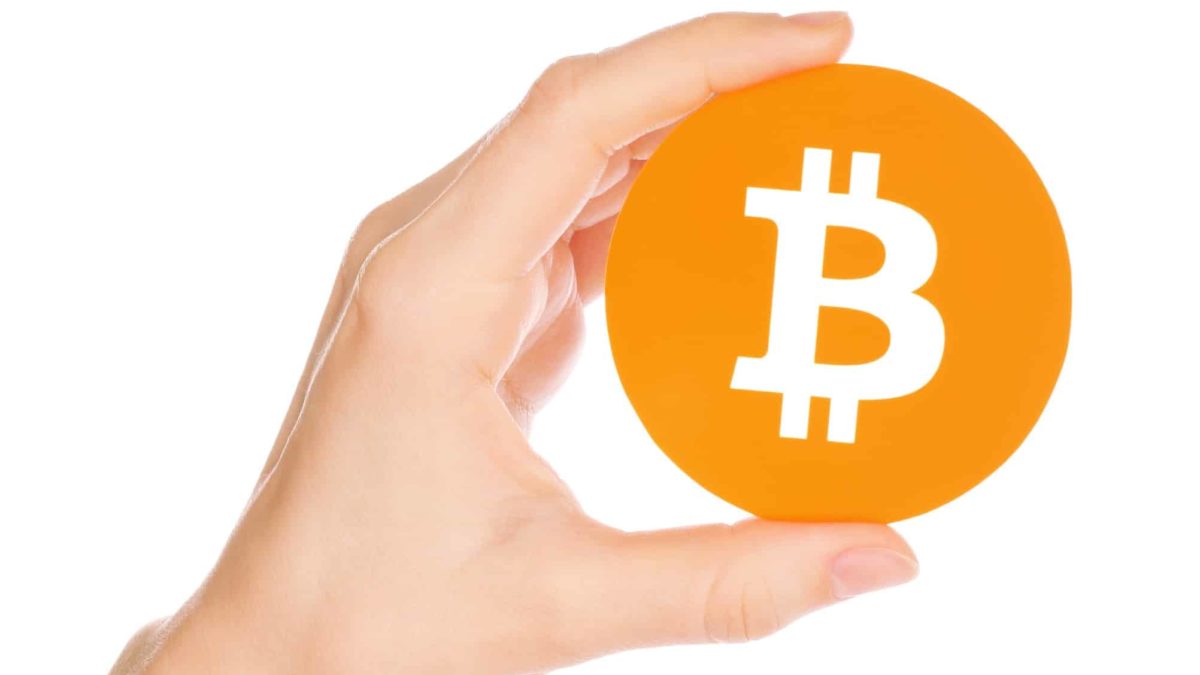Remember that stigma about online dating? When 'meeting someone online' was viewed very sceptically? Well, that stigma has most certainly gone the way of the dodo. The same could be said of today's topic of discussion: bitcoin.
Bitcoin and cryptocurrencies exploded into financial pop culture back in 2017, when the value of bitcoin surged in what could only be described in hindsight as a bubble. At the start of the 2016 calendar year, one bitcoin was trading for under US$500. But the same coins were, by the end of the following year, commanding a price of almost US$20,000. Of course, we all know how that ended.
By the same time the following year, bitcoin was back under US$3,500. The bubble popped, end of story. Bitcoin was posthumously written off as a fool's gambit (not the good kind of Fool) and a pointless display of frenzied speculation, akin to the infamous 'tulip mania' of the 17th century.
Well not quite, as it turns out. Bitcoin is back baby, and with a vengeance too. As we speak (or write), one bitcoin is trading at a price of US$21,759. That's actually above the 2017 peak and just off a new, all-time high slightly above US$22,000 that we saw earlier today.
Those of us who remember 2017 might ask 'how?', or perhaps more pertinently, 'why'? The lesson was learnt, wasn't it?
Wealthy investors lose their bitcoin stigma
Well, reporting in the Australian Financial Review (AFR) this week posits some answers. And one of them is the dreaded 'this time it's different'. The difference this time is apparently a wider attraction. It's widely believed that the first round of bitcoin appreciation was driven by retail money – lots of small investors having a punt.
But according to the AFR, this time it's 'big money' that's driving bitcoin higher. Bitcoin has apparently overcome its stigma among the wealthy class of investors. The report quotes Christian Armbruester, the founder of a London-based investment firm for wealthy clients with US$670 million under management. Mr. Armbrester claims that bitcoin has earned a reputation as a legitimate asset class and has "a place in a diversified portfolio".
A mainstream asset?
He's not the only one either. Last month, we covered how some ASX fund managers are also exploring the cryptocurrency space. In a world of near-zero interest rates, suddenly bitcoin has a certain appeal it seems. This has also been assisted by bitcoin moving from having a reputation as a shady, quasi-criminal payment system to being accepted by mainstream payment platforms like those offered by PayPal, Mastercard and Visa.
The AFR also quotes Kevin Murcko, founder and CEO of cryptocurrency exchange CoinMetro as to why this might be the case:
Normally in times of crisis, people run to cash, but who in their right mind wants to be cash-rich at a time when major economies are devaluing their currencies?… You could say that COVID-19, the US election, Brexit, and, well, the entirety of 2020 have altered the way many in traditional finance view the value of digital assets.
Finally, the AFR pints out that analysts at investment bank JPMorgan Chase, "suggest Bitcoin only accounts for 0.18 per cent of family office assets, compared with 3.3 per cent for gold ETFs. Tilting the needle from bullion to the cryptocurrency would represent the transfer of billions in cash". It also reports that some crypto-sceptical fund managers are buying bitcoin purely as a hedge 'just in case they're wrong'.
Needless to say, this will be an interesting arena to watch in 2021.







